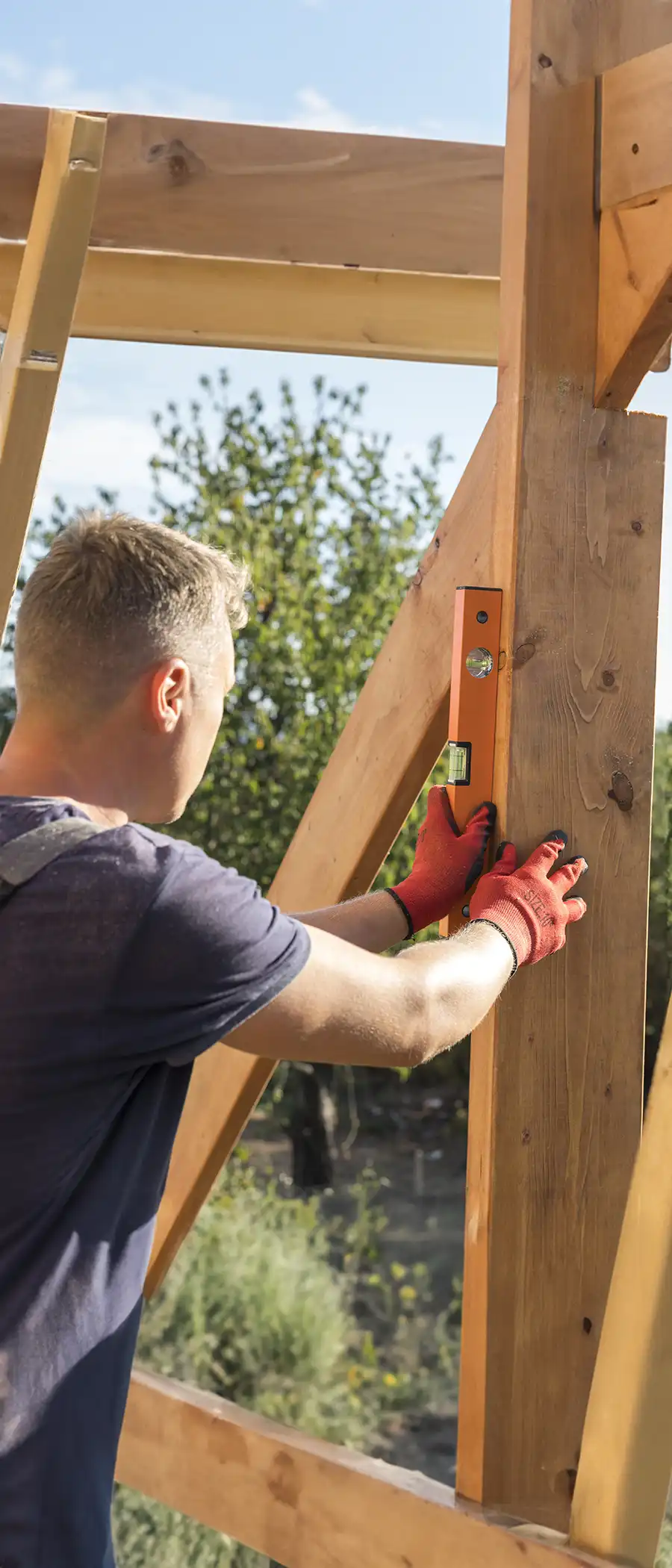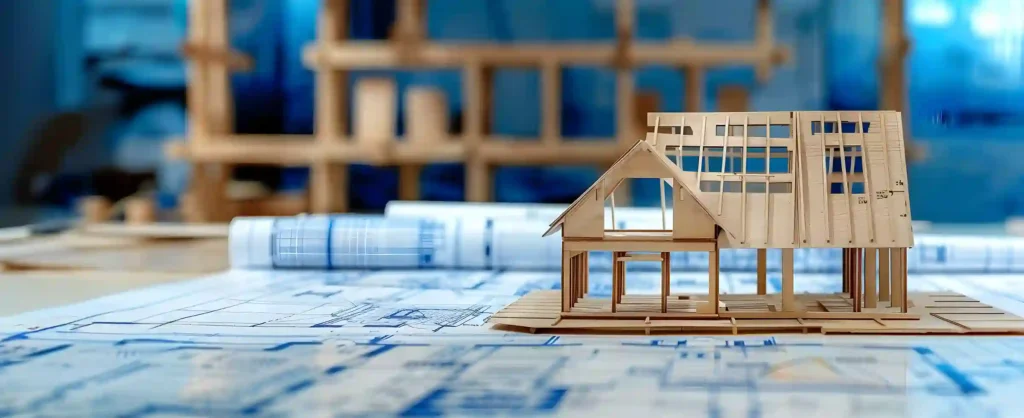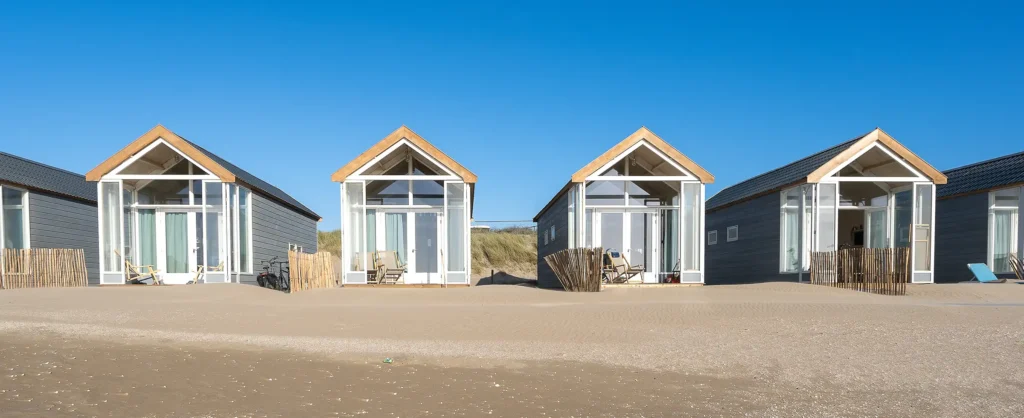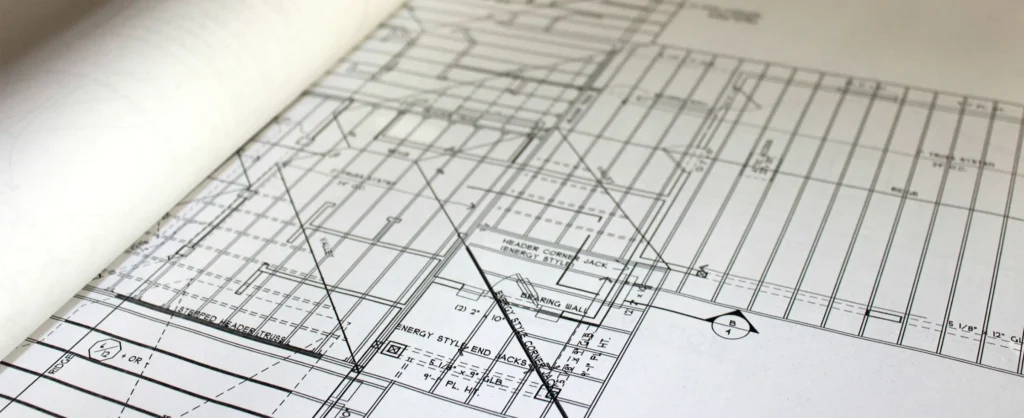Building a house is one of the most significant investments many of us will ever make. Whether you’re constructing your dream home from scratch or creating a modest space tailored to your needs, understanding the costs involved is crucial. But how much does it really cost to build a house? The answer depends on various factors, including location, design, materials, and labour. In this article, we’ll break down these costs and provide you with a clear picture of what to expect when embarking on this journey.
Key Factors That Influence the Cost of Building a House
The total cost of building a house can vary widely depending on several critical factors. To better understand what drives these costs, let’s examine the most influential elements:
Location and Land Costs
The location of your future home is perhaps the most significant factor influencing its cost. Land prices vary dramatically across different regions, urban centres, and rural areas. For example:
- Urban areas: Land tends to be more expensive due to higher demand and limited availability.
- Rural areas: Land is generally cheaper, but additional costs may arise from developing infrastructure like roads, utilities, and water connections.
Additionally, local building codes and regulations can also impact costs. Some jurisdictions have stringent requirements that might necessitate specialised construction techniques or materials, increasing overall expenses.
Size and Design of the House
Another major determinant is the size and complexity of your home’s design. Naturally, a larger home requires more materials and labour, which directly translates to higher costs. However, the complexity of the design can also play a significant role:
- Simple layouts: Homes with straightforward designs and fewer customisations tend to be less expensive to build.
- Custom and luxury homes: Unique architectural features, high-end finishes, and tailored designs can significantly increase costs.
For reference, the average cost to build a 2,500-square-foot home in the United Kingdom ranges from £150,000 to £500,000 or more, depending on these factors.
Materials and Labour
The choice of materials and the availability of skilled labour are pivotal in determining the overall cost. Here’s a closer look:
- Materials: The cost of building materials varies based on quality, sourcing, and market conditions. For example, using premium hardwood flooring or imported tiles will drive up the price compared to standard options.
- Labour: Skilled labour can be a significant expense, especially in areas where demand outstrips supply. Hiring experienced builders, electricians, plumbers, and other tradespeople often results in better quality work but at a higher cost.
Additional Features and Upgrades
Modern homes often include additional features like energy-efficient systems, smart home technology, or landscaping. While these can enhance your home’s value and functionality, they also add to the budget. For example:
- Energy-efficient upgrades: Solar panels, insulation improvements, and energy-saving appliances can cost more upfront but save money in the long run.
- Outdoor features: Pools, patios, and elaborate landscaping can increase costs significantly.
Average Cost Breakdown for Building a House

Let’s dive deeper into how costs are typically allocated in a home-building project. Below is an approximate breakdown to help you visualise where your money might go:
Pre-Construction Costs
Before construction begins, there are several expenses to consider:
- Land purchase: Depending on the location, this could range from a few thousand pounds to millions.
- Permits and inspections: Building permits and inspections typically cost between £1,000 and £3,000, depending on local regulations.
- Design and planning: Hiring an architect or purchasing pre-designed plans can cost between £2,000 and £15,000.
Construction Costs
The bulk of your budget will be spent on actual construction. Here’s a closer look at key components:
- Foundation: Preparing and laying the foundation usually costs around £10,000 to £25,000.
- Framing: Building the structural framework can range from £20,000 to £50,000 or more.
- Plumbing and electrical: Installing pipes, wiring, and fixtures typically costs £10,000 to £25,000 each.
- Interior finishes: Flooring, painting, cabinetry, and countertops may cost between £20,000 and £80,000, depending on the materials used.
Post-Construction Costs
Once the house is built, additional expenses include:
- Landscaping: Budget around £5,000 to £20,000 for basic landscaping, or more for intricate designs.
- Furnishing and appliances: Depending on your preferences, this could add another £10,000 to £50,000 or more.
Ways to Reduce the Cost of Building a House
While building a house can be expensive, there are practical ways to manage and reduce costs without sacrificing quality:
Choose a Standard Design
Opting for a pre-designed layout instead of a custom design can save both time and money. Many builders offer a variety of standard floor plans that are cost-efficient and customisable.
Source Materials Wisely
Look for sales, discounts, or alternative materials that offer a balance of quality and affordability. For instance, engineered wood can provide the look of hardwood at a lower cost.
DIY Where Possible
If you’re handy, consider taking on smaller tasks like painting, landscaping, or assembling furniture. This can significantly reduce labour costs.
Work with a Trusted Builder
Hiring an experienced and reputable builder can prevent costly mistakes and ensure efficient project management. Be sure to read reviews, check references, and compare quotes before making a decision.
Frequently Asked Questions (FAQs)
1. How long does it take to build a house?
On average, it takes about 7 to 12 months to build a house from start to finish. The timeline depends on factors like the size of the home, weather conditions, and permit approvals.
2. Is it cheaper to buy or build a house?
This depends on your priorities. Building a house allows for customisation but may be more expensive than buying an existing home, especially in areas with high land and construction costs.
3. What unexpected costs should I prepare for?
It’s wise to budget for unexpected expenses, such as delays, material price increases, or unforeseen construction issues. Setting aside an additional 10-15% of your total budget is a good rule of thumb.
Conclusion
Building a house is an exciting yet complex endeavour that requires careful planning and budgeting. By understanding the factors that influence costs, breaking down expenses, and exploring cost-saving strategies, you can make informed decisions that align with your vision and financial goals.
Whether you aim for a modest starter home or a luxurious custom build, the key to success lies in preparation and working with professionals you trust. With the right approach, building your dream home can be a rewarding and achievable goal.
If you’re ready to take the next step, start by researching local builders and creating a detailed budget. Remember, your dream home is within reach!













